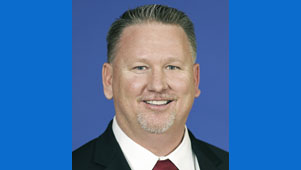S corporations have certain tax advantages that you might consider for your small business in 2013—before it’s too late.
An S corporation is a regular corporation that has opted to have all income or loss passed down to the personal tax returns of its shareholders rather than taxed at the corporate level. This avoids the dreaded double-taxation scenario—income first taxed at the corporate level and then taxed again as dividend income to the shareholders. Thus, S corporations provide the legal liability protection of a corporation, but have the tax characteristics of a partnership.
S corporations also have unique flexibility on how shareholder-employees are compensated. For example, if more income is distributed as dividends and less as salaries, the corporation can potentially save on social security, Medicare, and unemployment taxes. However, certain rules govern how far you can go with this strategy, so understand the requirements to avoid problems.
Another S corporation advantage is that charitable deductions are not limited to 10 percent of income as they are with regular corporations. And S corporation shareholders can potentially deduct the company’s losses against other personal income.
So what’s the downside? S corporations can have only one class of stock and are limited to 100 shareholders. Shareholders cannot be partnerships, corporations, or nonresident foreigners. S corporations have a narrower range of tax-deductible fringe benefits available to their employees.
If you are considering an S corporation election for this year, you better hurry. Corporations with a calendar year-end have until March 15, 2013, to file their intentions with the IRS for the current tax year. New corporations have until the 15th day of the third month after incorporation to make the election.
The decision to become an S corporation is an important one. Don’t go it alone. Talk to your financial adviser or contact our office to discuss this election in your own tax situation.









































